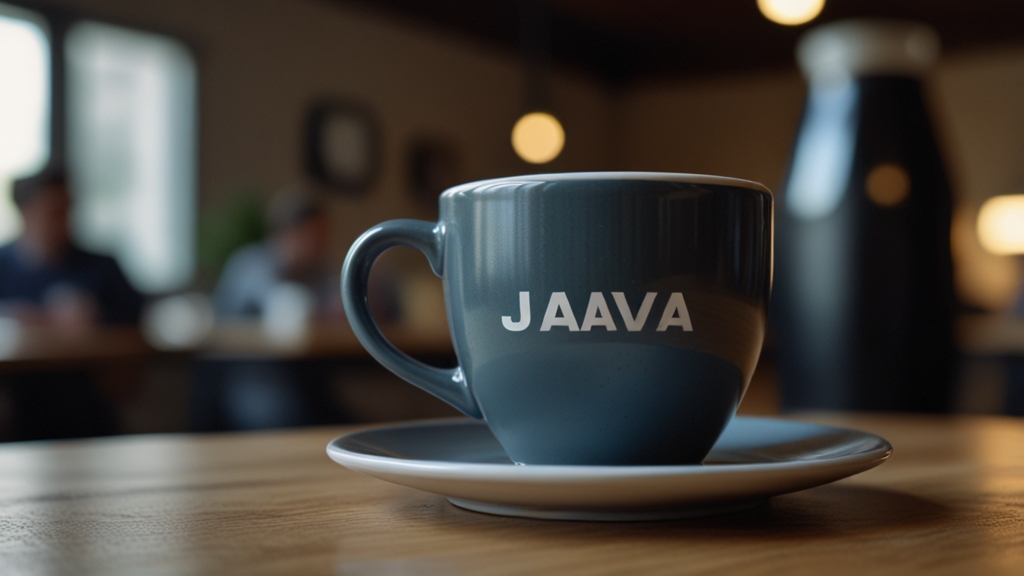Voices from the Battlefield: Oral Histories of Vietnam Veterans
The Vietnam War remains one of the most controversial and complex conflicts in modern history. For many who served, the memories of the dense jungles, the uncertainty of guerrilla warfare, and the emotional toll on both soldiers and civilians are indelible. Capturing these experiences through oral histories provides a poignant and personalized account that textbooks and conventional narratives often overlook. The voices of the veterans who lived through this tumultuous period give us invaluable insights into the human aspects of war.
The Importance of Oral Histories
Oral histories are a critical tool for preserving the nuanced and multifaceted experiences of individuals. Traditional historical records might document the overarching strategies, political maneuvers, and casualty counts of a conflict, but they often fail to capture the personal stories—the individual acts of heroism, the moments of sheer terror, and the bonds formed on the battlefield. Oral histories of Vietnam veterans bridge this gap, providing a textured understanding of the war that traditional narratives lack.
First-Hand Accounts
Listening to the veterans themselves share their stories can be both enlightening and sobering. Their testimonies frequently reveal the psychological complexities and emotional scars that continue to affect them decades later. For instance, many veterans speak of the bittersweet and sometimes hostile return to the United States, where public opinion had turned sharply against the war. Their experiences highlight the chasm between the soldiers' reality and the public perception of the conflict.
"When I came back from Vietnam, I felt like an outsider. People didn't understand what we went through. It wasn't just the fighting; it was the moral ambiguity of the war that made it so difficult," shares John, a former infantryman. His words emphasize a common sentiment among veterans, who often felt alienated upon their return.
The Psychological Toll
One of the most haunting aspects of the oral histories is the lingering psychological impact of the war. Post-traumatic stress disorder (PTSD) is a recurrent theme in these narratives. Veterans recount recurring nightmares, hyper-vigilance, and emotional numbness. These accounts not only provide a candid look into the mental health struggles faced by veterans but also underscore the importance of mental health services for those who serve in combat roles.
"I still wake up in the middle of the night, thinking I'm back in the jungle, hearing the same sounds and smelling the same scents. It's like a part of me is still stuck there," describes Sarah, a former medic. Her experience underscores the lasting impact of the war on veterans' mental health.
Camaraderie and Conflict
While the oral histories often delve into the darker aspects of the Vietnam War, they also illuminate the strength of camaraderie among soldiers. Many veterans fondly recall the bonds formed under duress, the friendships that transcended the chaos, and the sense of brotherhood that offered solace amidst the turmoil. These relationships provided emotional support and were often a crucial element in survival.
However, the narratives also touch upon internal conflicts within the ranks and the moral dilemmas that soldiers faced. The complexity of the Vietnam War, with its ambiguous objectives and ethical quagmires, often led to intense personal and interpersonal conflicts. These stories contribute to a richer, more comprehensive account of the war.
Preserving and Sharing These Voices
Organizations and initiatives dedicated to preserving the oral histories of Vietnam veterans play a vital role in maintaining these personal accounts for future generations. Projects like the Veteran's History Project and various university archives serve as repositories for these invaluable stories. By making these accounts accessible to the public, they ensure that the voices of those who served are not forgotten.
In an era where the lessons of history are more important than ever, the oral histories of Vietnam veterans serve as powerful reminders of the human cost of conflict. Their voices, filled with pain, resilience, and hope, offer an essential perspective that helps us understand the complexities of war and the enduring strength of the human spirit.
"We were just kids, really. Thrown into something so far beyond what any of us could have imagined. But we did our duty, we looked out for each other, and we survived. That's something I hold on to," says Tom, a former Marine. His words capture both the innocence lost and the enduring bonds formed on the battlefield.
The oral histories of Vietnam veterans are not just recollections of the past; they are vital narratives that continue to shape our collective understanding of this pivotal moment in history. By listening to and preserving these stories, we honor their sacrifices and ensure that their experiences are never forgotten.











